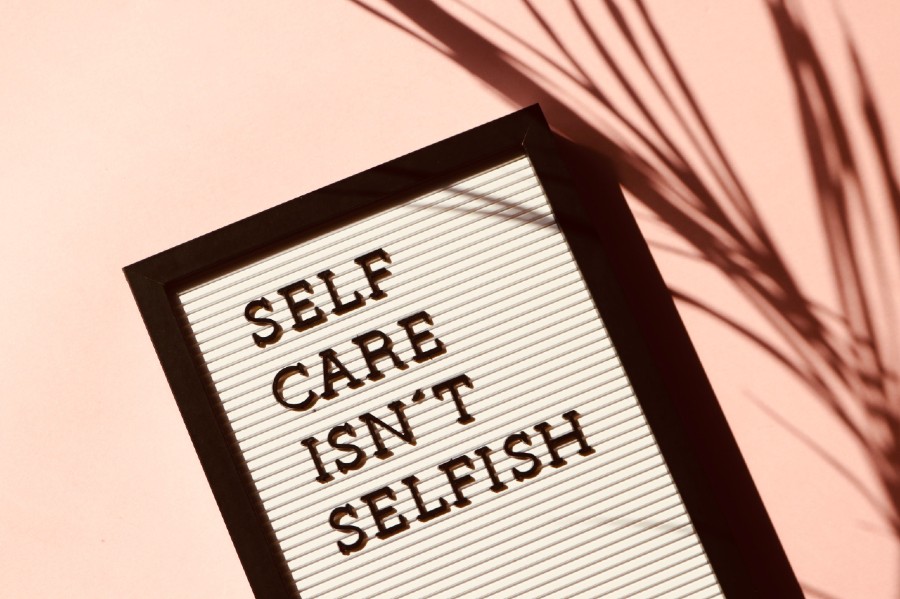Moving abroad, or staying there for a while, can be an exciting time. You’re in a new culture, and it can be a refreshing break from the same old, same old. However, it can have a negative impact on your mental health if you’re not careful.
While traveling can be good for you, it also has a few mental health concerns that are worth talking about. Let’s discuss how you can keep your mental health up while living abroad.

Stick To Your Diet
When you move to a new location, keeping up your diet can be a challenge. There are so many new foods and drinks to try that you just want to eat out all day. However, it’s important to eat right and to save the gorging for the occasional day out. Too much indulging can have a negative impact on your mental health, especially if you’re eating nothing but junk.
Keep Exercising
Working out can improve your mood and help with other mental facets, but you need to stick to it. Why not run around the area and explore, or see if there’s a gym nearby? Doing this can help keep your health up. If you’re stuck at home, watch some videos online and see how you can get a good home workout going.
Get Some Rest
When you arrive, you may be jetlagged if there’s a massive time zone difference. Take a few days to a week to rest up and adjust. Melatonin supplements can reset your internal clock and make it easier for you to fall asleep. However, it can still take a few days to adjust. If you are still unable to get a good night’s rest, keep trying. Don’t push yourself too hard whenever you’ve arrived.

Avoid Too Much Alcohol
An occasional drink, or even a night of drinking, is not going to do much, but don’t make it an everyday thing. Just like food, you may be tempted to try all the new drinks, but pace yourself and don’t drink too much. It can definitely be bad for one’s mental health.
Keep Your Goals Realistic
If you’re visiting abroad, you may have some goals, and some of them may be a little too unrealistic.
You’re probably not going to learn the entire language and see everything you want to see. By keeping your goals too high, you may end up being disappointed in the end. With that said, having your goals achievable and easier to digest can be good for your mental health.
Have a Social Circle
Having some friends when you arrive is a good thing. Stick with your old friends by having a video chat. Otherwise, why not make some friends in your area?
If there’s a language or cultural barrier, look at some meetup sites. You may be able to find a group of people who are in the same boat as you. Having meetups and chances to make new friends is a good way to handle this.

Balance Out Your Work and Life
If you’re moving abroad for school or for work, keep a balance between the two. Have some time to work or study, but also have some time to play and explore. If you’re on either extreme, you may be unhappy. Too much focus on work and you can’t unwind. Too much exploring and it may ruin your opportunities. You have to keep everything balanced if you want to succeed.
Seek Help from a Therapist
No matter where you’re traveling, it’s always important for you to talk to a therapist if you’re feeling mentally unwell or if you need advice. However, you may not know who to turn to when there’s a language barrier, or you don’t know where to go to seek help.
One resource you can try is online therapy. With online therapy, you can speak to a therapist or a counselor through your phone, computer, or any other device. It’s easy to connect to a therapist from your home country to give you the help you need.
A new place can be stressful, but with enough preparation, you can live abroad and have strong mental health.

About the author
Marie Miguel has been a writing and research expert for nearly a decade, covering a variety of health-related topics. Currently, she is contributing to the expansion and growth of a free online mental health resource with BetterHelp.com. With an interest and dedication to addressing stigmas associated with mental health, she continues to specifically target subjects related to anxiety and depression.




